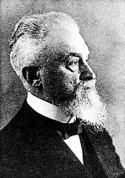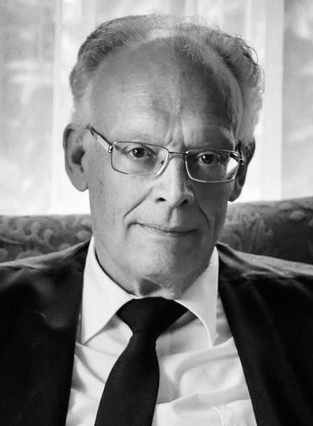Barry Setterfield
It is never good science to ignore anomalous data or to eliminate a conclusion because of some presupposition. Sir Henry Dale, one-time President of the Royal Society of London, made an important comment in his retirement speech: “Science should not tolerate any lapse of precision, or neglect any anomaly, but give Nature’s answers to the world humbly and with courage.” To do so may not place one in the mainstream of modern science, but at least we will be searching for truth and moving ahead rather than maintaining the scientific status quo. (http://www.setterfield.org/index.html)
The Decreasing Speed of Light
Light Speed and Other Puzzling Data
That May Support a Recent Creation
A New Biblical Physics
Stretching the Heavens: A New Cosmology
Our Created Solar System
Rinus Kiel : Over Geloof & Wetenschap Rinus Kiel : Over Natuurwetenschap Rinus Kiel : Over Nieuwe Kosmologie Rinus Kiel : Over Zondvloed & Geologie Rinus Kiel : Over Radioactieve Datering
Technology and Science
There is a problem with pointing to the successes of technology as proof of the success of science … Scientists are tasked with explaining *why* something works. Engineers simply build until something works, and then they stop. If the engineer can’t prove *why* something works, or if their explanation is overly simplistic, this has no impact upon the product’s effectiveness, nor its sales. We should go out of our way to distinguish these two efforts, because they actually exhibit completely different objectives. When people point to the successes of technology as testament to the success of science itself, they are devaluing science’s objective to give an accurate answer for *why* something works. This becomes particularly problematic when we look at the role of assumptions with regards to science and technology. In the creation of technology, there is a concern that certain technologies are actually controversial. And so, if nothing was done about this, this rapid pace of technological advancement which does indeed inspire awe in us would be marked by some amount of social upheaval amongst the people tasked with creating these technologies. We can see that, in fact, this is rather rare today. And so, what Jeff Schmidt argued in Disciplined Minds — which is perhaps the best look we’ve ever had at the internals of the physics discipline — is that the physics discipline has solved this problem by training physicists to be “professionals”, who exhibit assignable curiosity. Those graduate students who exhibit a tendency to question the framework of the paradigm they are learning in their graduate programs are literally weeded out or simply not granted PhD’s, according to Schmidt. The simple fact that Schmidt might be right suggests that we must treat technology and science as two completely different endeavors, since good science depends upon scientists questioning assumptions, whereas the rapid advancement of technology in society can be harmed if it became routine for scientists to question the technologies they create. There is a nuance here which is oftentimes lost on the simplistic narratives we have for how science works. But, the point is that the success of technology is due not just to the success of science — but also to the stability of the production of all of the technologies we now have. And achieving that stability involves the creation of scientists who basically refuse to question assumptions. This is part of what it means to be a “professional”. Chris Reeve

























